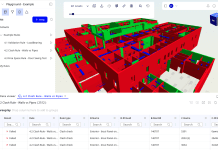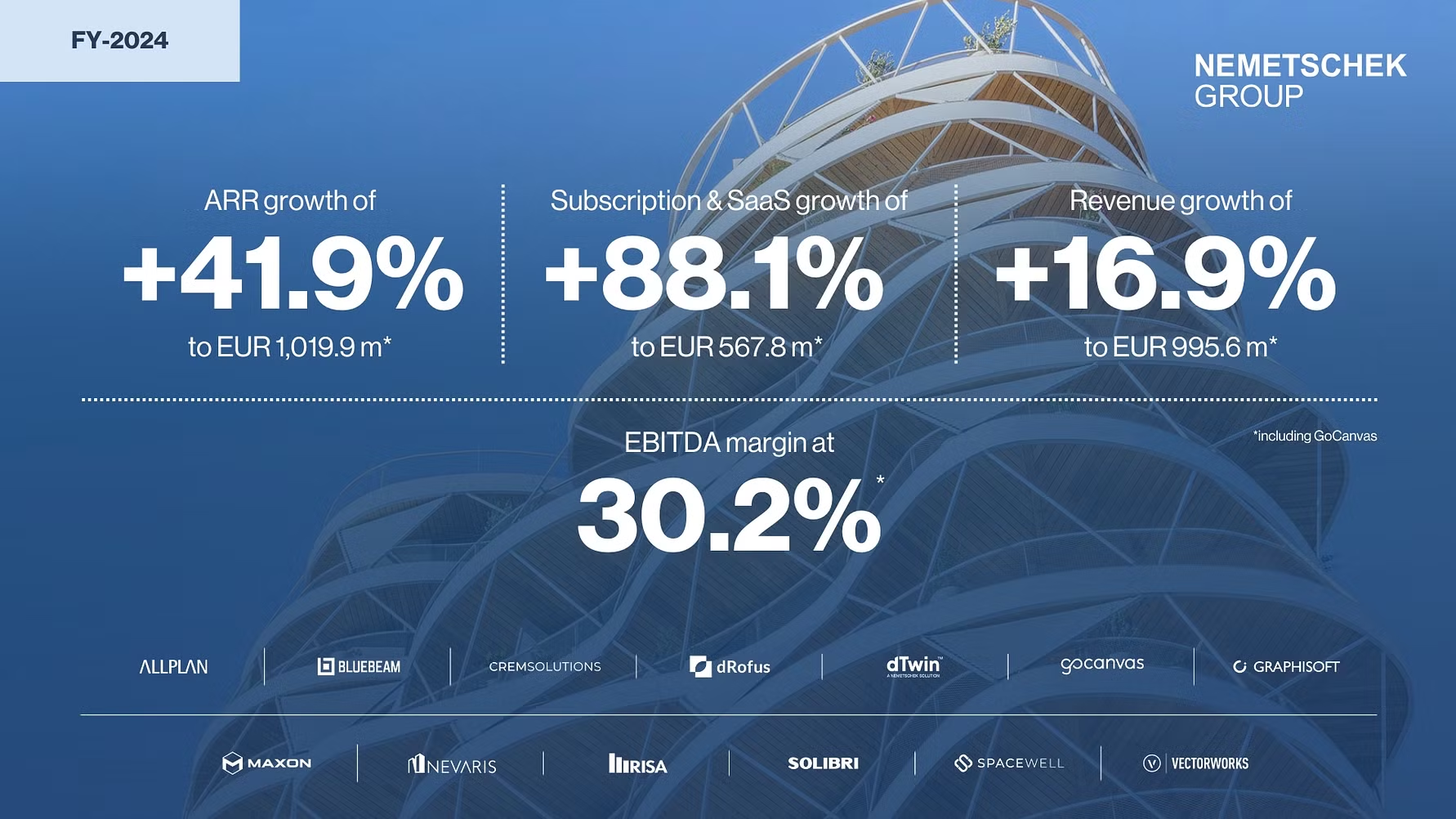There is growing frustration with the speed and direction of travel with which BIM is being embedded as “business as usual”, according to a major industry review
The NBS National BIM Report found that while there is widespread confidence in BIM itself as a means of reducing construction costs and completion times, few believe the government is effectively enforcing its requirement on all public sector projects.
For the first time, less than a majority (47%) believe the government is “on the right track” with BIM.
Another 14% said the BIM mandate is not being enforced at all.
Nevertheless, there were positive signs for BIM adoption. BIM usage and awareness showed the biggest year-on-year growth since 2014, with a 12% increase compared with 2017.
Meanwhile, the number of those who have adopted BIM but only use it on a minority of projects has dropped from a third to around a quarter. BIM usage within organisations is expected to reach 90% within the next three to five years.
The report noted recent progress in the revision of the CIC BIM Protocol based on industry feedback, the revision of the BIM Level 2 suite of standards and tools, and the creation of the Centre for Digital Built Britain.
Some 70% of respondents said they want to see more standardisation of BIM, although the review found that an increasing number are already using PAS 1192-2:2013 (44%) and the Uniclass classification system is gaining traction, with a third now on board.
The report identified a lack of in-house expertise, lack of training, a lack of time to get up to speed and even a lack of client demand as the main barriers to BIM adoption.
“There’s no doubt that our industry needs to find better ways of working and the move to digital will be a major factor in how we get this right,” said NBS CEO Richard Waterhouse.
“BIM Level 2 is the foundation of this digital transformation, providing data structures, responsibilities and process and whilst this report looks at the industry’s current attitude to BIM, the industry will not stand still. Digital transformation will continue.”














